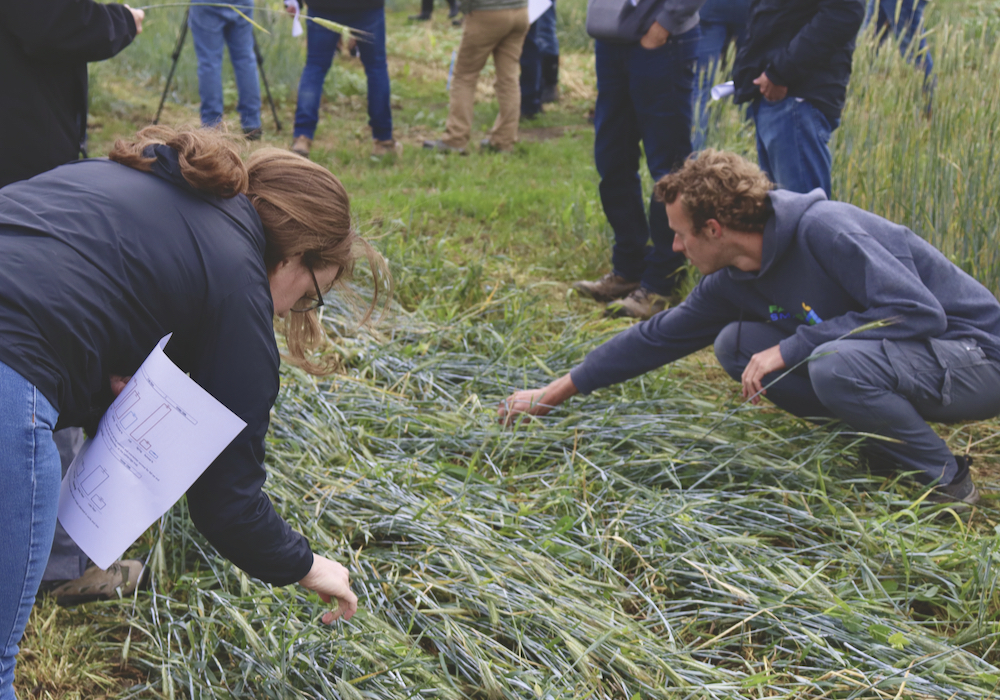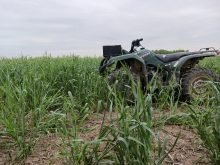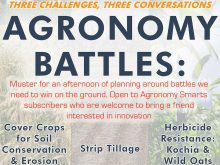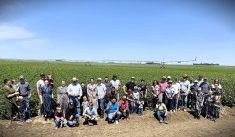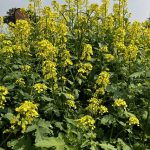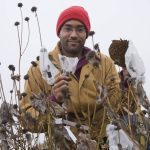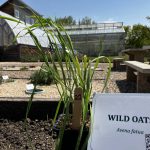Soil health was the main focus of this year’s Farming Smarter field school but novel new crops like rice also got some of the spotlight.
Despite a cool and wet day in late June, a full house of farmers made their way through the damp fields.
While a lot can be learned in a classroom or conference hall, field days allow farmers to see research under way and are an important aspect of Farming Smarter’s mission, says Sean Kjos, communications coordinator for the applied research organization.
Read Also
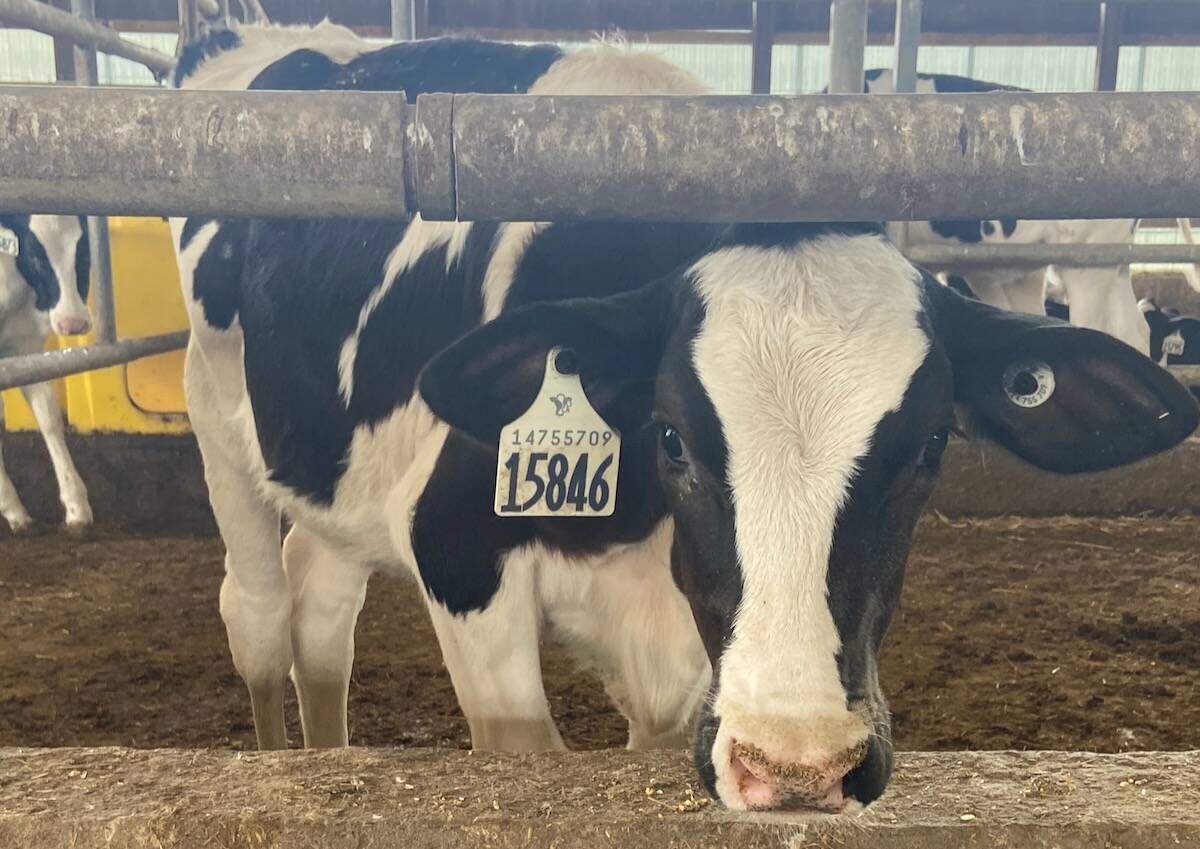
Rural municipalities push legalization of raw milk onto provincial agenda
Drinking raw milk comes with numerous risks, but proponents of a proposed amendment to Alberta’s Food and Drug Act say legalizing its sale could be a boon for small farms in the province.
“It [the field school] allows us to directly share the research we are doing at Farming Smarter and showcase researchers who are undertaking research that’s relevant to finding solutions for growers in our area,” said Kjos.
Cover crops are among the studies. Research scientist Gurbir Dhillon demonstrated roller crimping, a process primarily used on cover crops as a form of weed control that bends rather than cuts stalks. Done at the right time, it creates a layer of biomass that can improve soil health and help control weeds.
“If you can at least reduce herbicide applications, then it’s still helpful,” said Dhillon.

Complex questions
Maryse Bourgault is an assistant professor and Western Grains Research Foundation chair in integrated agronomy at the University of Saskatchewan. She said there are few scientific studies on cover crops in Western Canada because the Prairies have a varied set of obstacles for growing season and soil nutrients.
However, studies in processes like roller crimping can prompt further research and support for cover crops and encourage producers to experiment in their own fields.
Bourgault said many features are said to improve soil health but it isn’t as straightforward as it may seem because a unique combination of nutrients are needed from the soil for each type of crop. Her cover crops research explores options available to growers that fit their needs while improving soil health.
Kjos says conversations between producers and researchers are an important aspect of field days.
“They allow us to hear from producers in our area directly,” Kjos said. “The problem areas they’re experiencing on their farms directs our research proposals for the following years so we can continue to do relevant research.”

New crops
Other Farming Smarter research includes novel crops. The research team successfully grew rice this year as an experiment.
Research coordinator Mike Gretzinger showed a plot of upland rice grown in fields rather than flooded paddies, noting that flooding is a form of weed control in countries without access to other options.
Producers are obviously loath to experiment with crops unlikely to turn a profit, Gretzinger argues that growing a novel crop is a great learning tool.
“I like the challenge. You learn so much when you are first trying to grow a novel crop,” he said.
Kjos echoed that goal, which is important to Farming Smarter.
“Not only are farmers exposed to new research they could have been unaware of, but the events also provide the chance to gain new perspectives on practices they may be considering adopting or how they can improve those they’re currently undertaking,” said Kjos.
“Additionally, the nature of the events allows for attendees to meet new people and grow their networks.”


